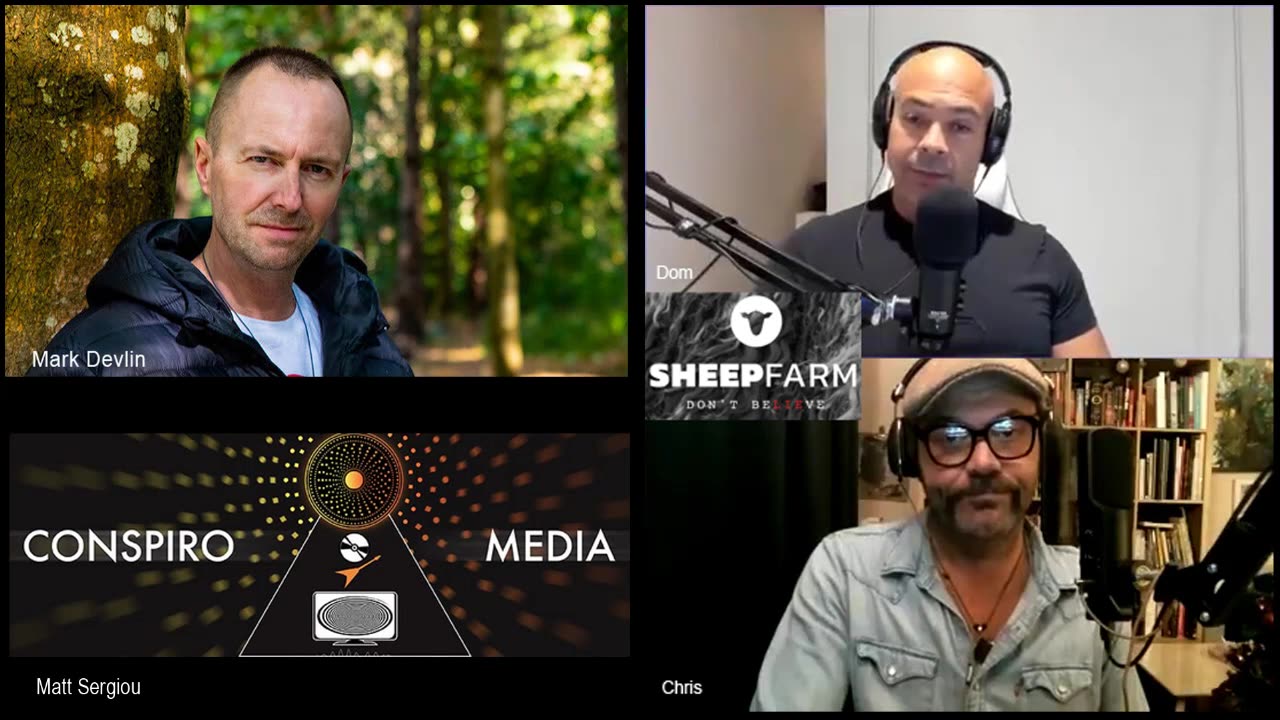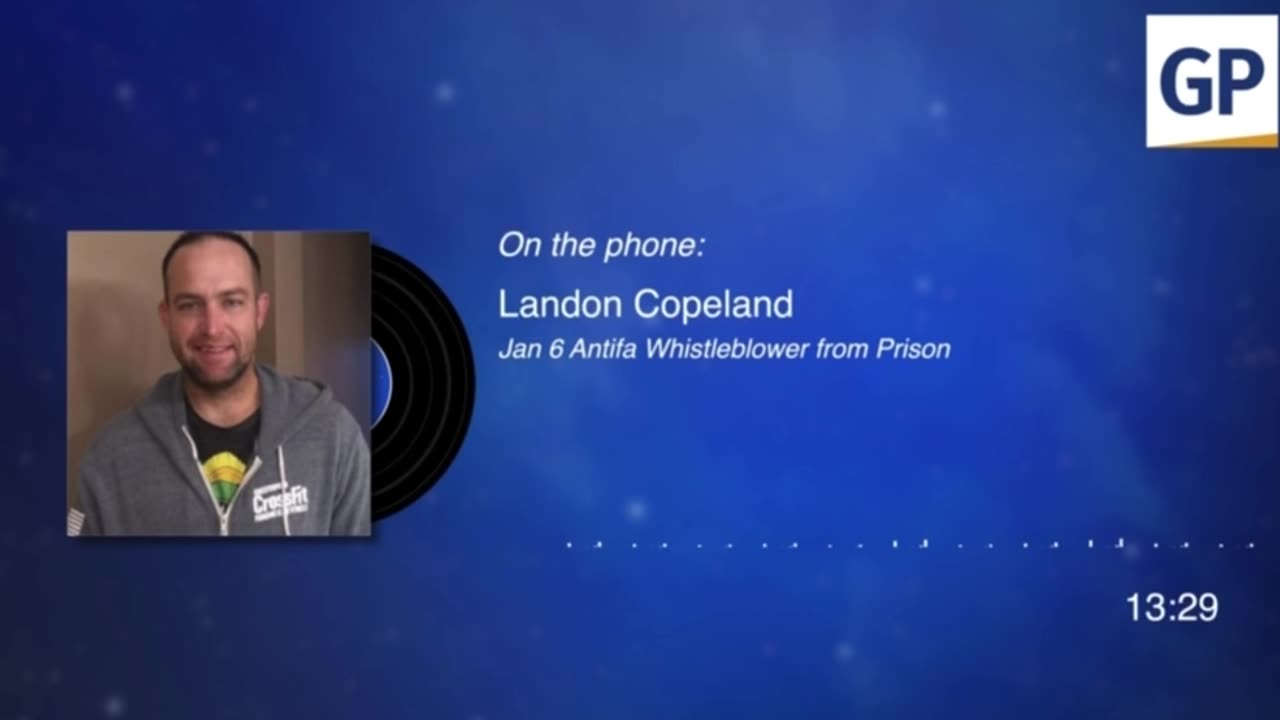Bix Weir - The Good Guys Are In Control, The Truth Is Being Exposed For The World To See
What Would Happen if You Only Got 5 Hours of Sleep Per Night - NOT GOOD!
SUBSCRIBE TO MY NEWSLETTER HERE: https://drbrg.co/3QvCPxY There are huge consequences of not getting enough rest. Discover the top side effects of not enough sleep and how to sleep better. Heart Rate Variability (HRV) Data coming soon! Videos on Sleep Apnea: ▶️ https://youtu.be/hJajkK2PuMg ▶️ https://youtu.be/YHL2s-FT5B8 ▶️ https://youtu.be/-MjaUhSOf94 0:00 Introduction: What happens when you don’t get enough sleep 1:33 Sleep benefits 1:45 Side effects of a lack of sleep 7:57 Side effects of sleep apnea 9:20 What to do for better sleep 12:25 Make sure you can always find unfiltered health information by signing up for my newsletter! Let’s talk about what would happen if you went two weeks with less than five hours of sleep each night. Getting seven to eight hours of sleep is the best way to support a healthy body. But many people aren’t getting enough quality sleep. There are so many health benefits of sleep. This is when our bodies recover, burn fat, and detoxify the most. Here are the top side effects of not getting enough sleep: • Fatigue • Mood changes • Poor cognitive function (with memory, focus, concentration) • Sympathetic hyperactivity • An increased risk of cardiovascular problems, stroke, and diabetes • Weight gain • Fatty liver • Immune system impairment • Poor recovery from injury, stress, or exercise If you have sleep apnea or you're a heavy snorer, you may experience an imbalance of oxygen and CO2, which can cause poor sleep. Other potential severe side effects of sleep apnea can include: • Brain atrophy • Increased risk of cancer, cardiovascular incidents, stroke, and diabetes There are many different natural things you can try for sleep apnea. Check out my other videos for more information. What to do if you’re not getting enough sleep: 1. Take a nap 2. Keep you’re room cool (between 60 to 68 degrees Fahrenheit) and leave your window open if possible 3. Try to keep the humidity in your room at 50% 4. Turn off all electronics in your room when you’re sleeping 5. Don’t overeat or undereat in the evening, and make sure to consume enough protein 6. Don’t eat too late in the evening 7. As it gets dark, start dimming the lights and avoiding blue light Dr. Eric Berg DC Bio: Dr. Berg, age 58, is a chiropractor who specializes in Healthy Ketosis and intermittent fasting. He is the author of the best-selling book The Healthy Keto Plan, and is the Director of Dr. Berg Nutritionals®. He no longer practices, but focuses on health education through social media. Follow Me On Social Media: Facebook: https://bit.ly/FB-DrBerg Instagram: https://bit.ly/IG-DrBerg Anchor: https://bit.ly/Anchor-DrBerg TikTok: https://bit.ly/TikTok-DrBerg Disclaimer: Dr. Eric Berg received his Doctor of Chiropractic degree from Palmer College of Chiropractic in 1988. His use of “doctor” or “Dr.” in relation to himself solely refers to that degree. Dr. Berg is a licensed chiropractor in Virginia, California, and Louisiana, but he no longer practices chiropractic in any state and does not see patients so he can focus on educating people as a full-time activity, yet he maintains an active license. This video is for general informational purposes only. It should not be used to self-diagnose and it is not a substitute for a medical exam, cure, treatment, diagnosis, prescription, or recommendation. It does not create a doctor-patient relationship between Dr. Berg and you. You should not make any change in your health regimen or diet before first consulting a physician and obtaining a medical exam, diagnosis, and recommendation. Always seek the advice of a physician or other qualified health provider with any questions you may have regarding a medical condition. #keto #ketodiet #weightloss #ketolifestyle Thanks for watching! I hope this helps increase your awareness of the side effects of not sleeping enough. I’ll see you in the next video.










![🔴Terrence Howard Faces Facts | [OFFICE HOURS] Podcast 117](https://badger.social/uploads/images/myKz85-8oio_thumbnail.jpg)






































